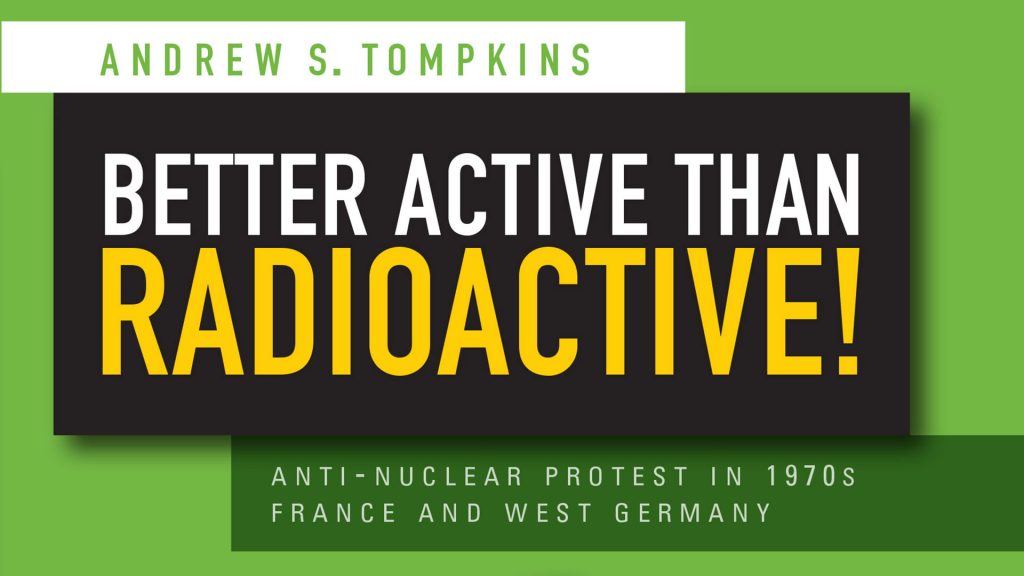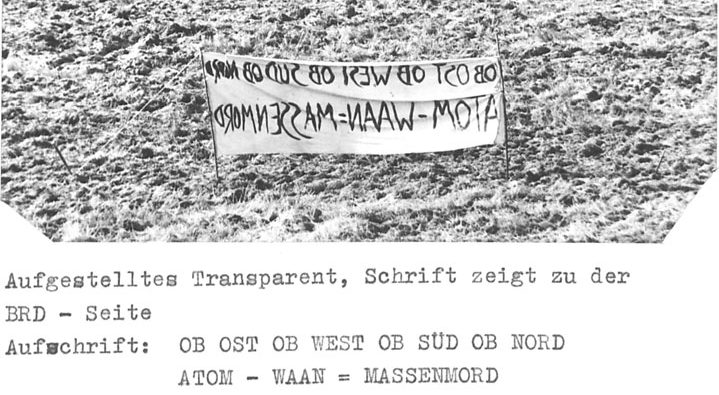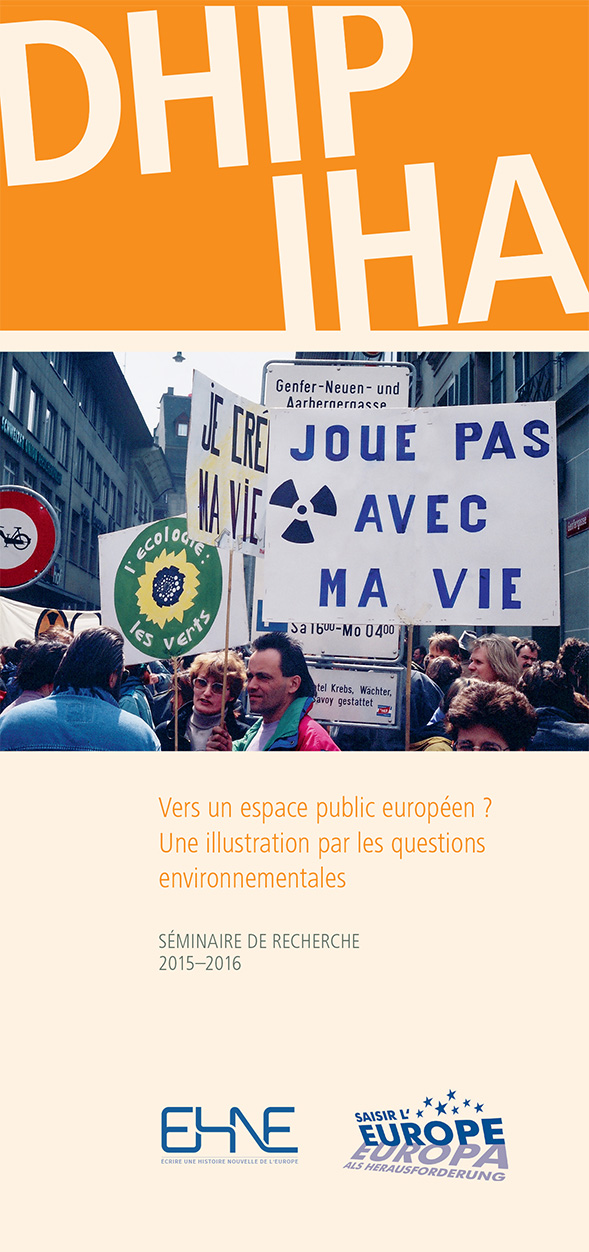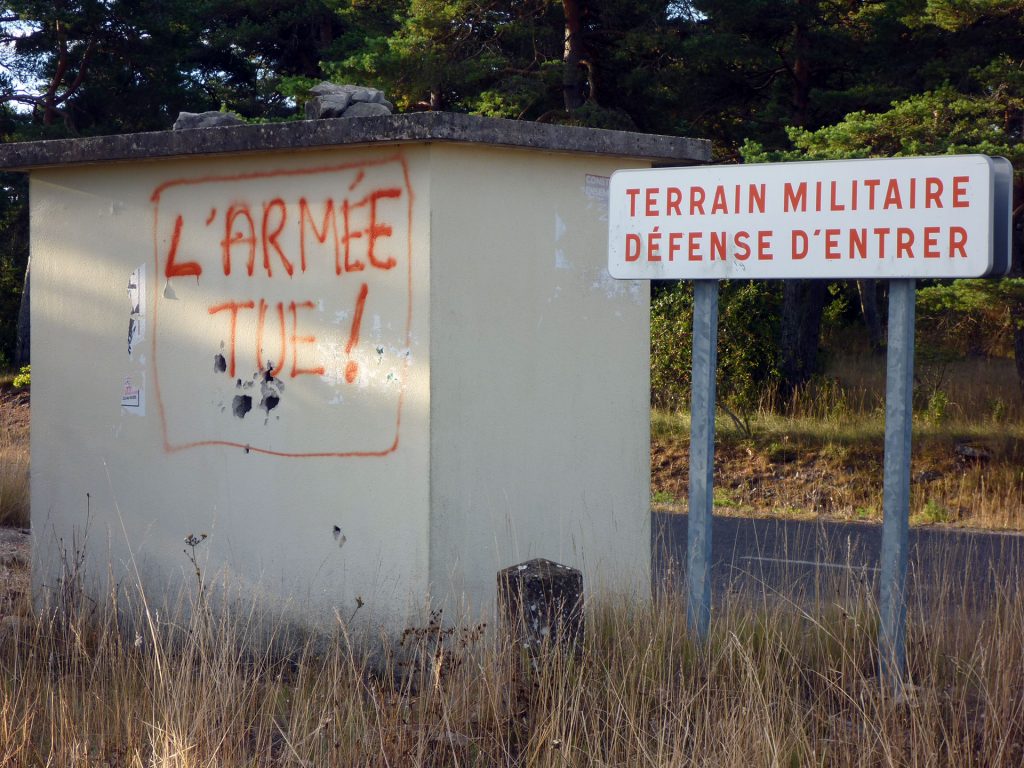Late Cold War Tandems: Solidarities and Anxieties of the 1980s
The purpose of this workshop, organised as a collaboration between the University of Sheffield, Humboldt-Universität zu Berlin, and Universiteit Utrecht, is to explore the possibilities of ‘tandem history’ (Kate Brown) as a transnational approach in new research on the final decade of the Cold War.



